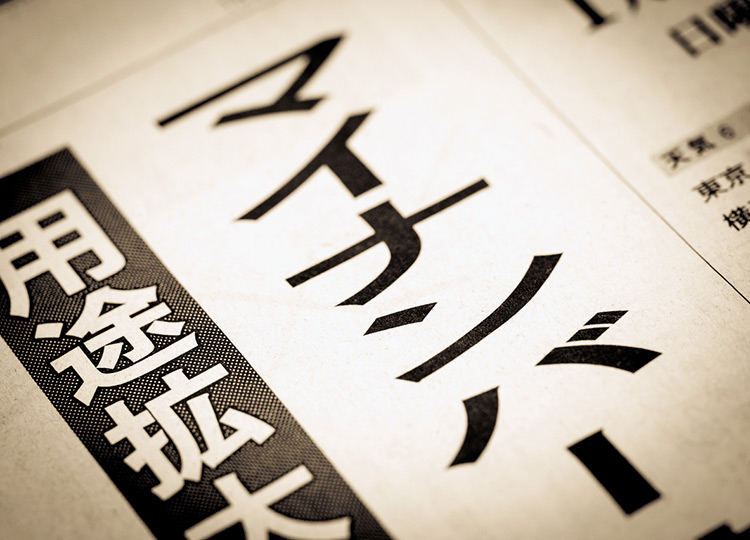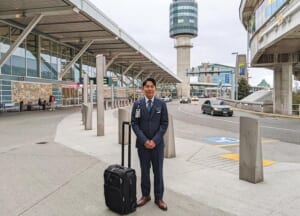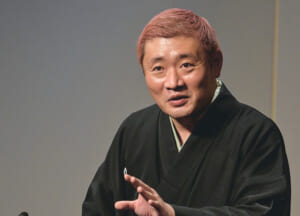気象予報士の福岡良子さんは、ニュース番組のお天気コーナーで日本各地を巡り、地域ごとの気候を生かした暮らしの知恵を紹介する中で、自然の美しさや独自の文化を海外の人にも伝えたいという思いが芽生えたという。通訳案内士の資格取得に挑戦し、日本の魅力を世界に広める一歩を踏み出した。
Ryoko Fukuoka is a weather reporter who’s also a licensed Japan national guide. If you need an English-speaking weather forecaster to guide you through the many and varied phases of Japan’s four seasons, she is just the person to seek.
“I’ve
既に定期購読会員の方
ログイン方法がわからない方はこちら
Blue skies and fair weather ahead
気象予報士の福岡良子さん



プレイリスト
記事を選んでリスニング
9月27日の他記事
-
Zara to offer its ‘Pre-owned’ secondhand clothes services in US by end of October
ザラ、古着販売サービスを開始へ 米で10月末までに

COURTESY OF RYOKO FUKUOKA
Easy ReadingSeptember 27, 2024 -
Daikanyama tops list of Tokyo neighborhoods in livability survey
住み続けたい街・街の幸福度ランキング 代官山が1位を獲得

COURTESY OF RYOKO FUKUOKA
Easy ReadingSeptember 27, 2024 -
Canyonlands, Utah (United States)
アメリカ合衆国 キャニオンランズ国立公園

COURTESY OF RYOKO FUKUOKA
TravelSeptember 27, 2024 -
Use of My Number personal ID card as driver’s license to start in March
「マイナ免許証」、来年3月開始へ

COURTESY OF RYOKO FUKUOKA
National NewsSeptember 27, 2024
-
Taking ‘touristship’ out on the high seas
一般社団法人ツーリストシップ代表理事、田中千恵子さん

COURTESY OF CHIEKO TANAKA
InterviewApril 18, 2025 -
Shogun actor taking nothing for granted
『SHOGUN 将軍』出演の俳優、平川貴彬さん

PHOTOGRAPHY BY KEN HIRAMA
InterviewApril 11, 2025 -
Fasten your seat belts, it’s time to fly high
在バンクーバー客室乗務員のRyucrewさん

COURTESY OF RYUCREW
InterviewApril 4, 2025 -
Getting laughs in English and Japanese
英語と日本語を自在に操る落語家・立川志の春さん

PHOTOGRAPHY BY SHINNOSUKE FUTAGAMI
InterviewMarch 28, 2025







